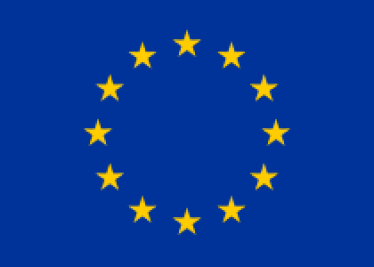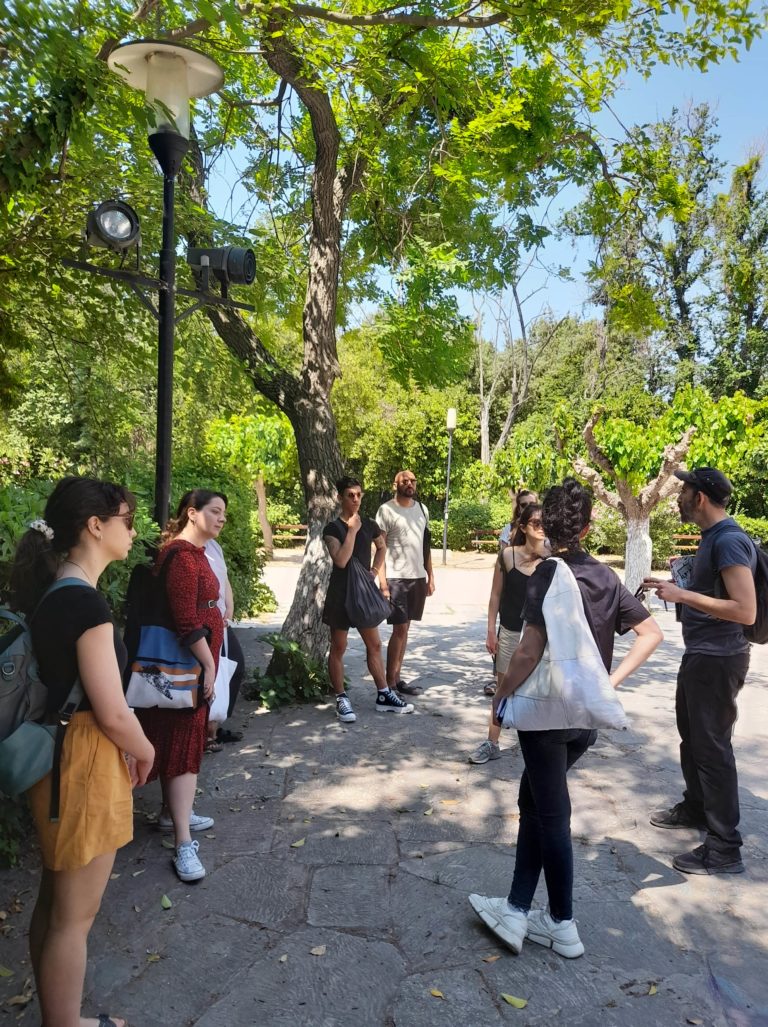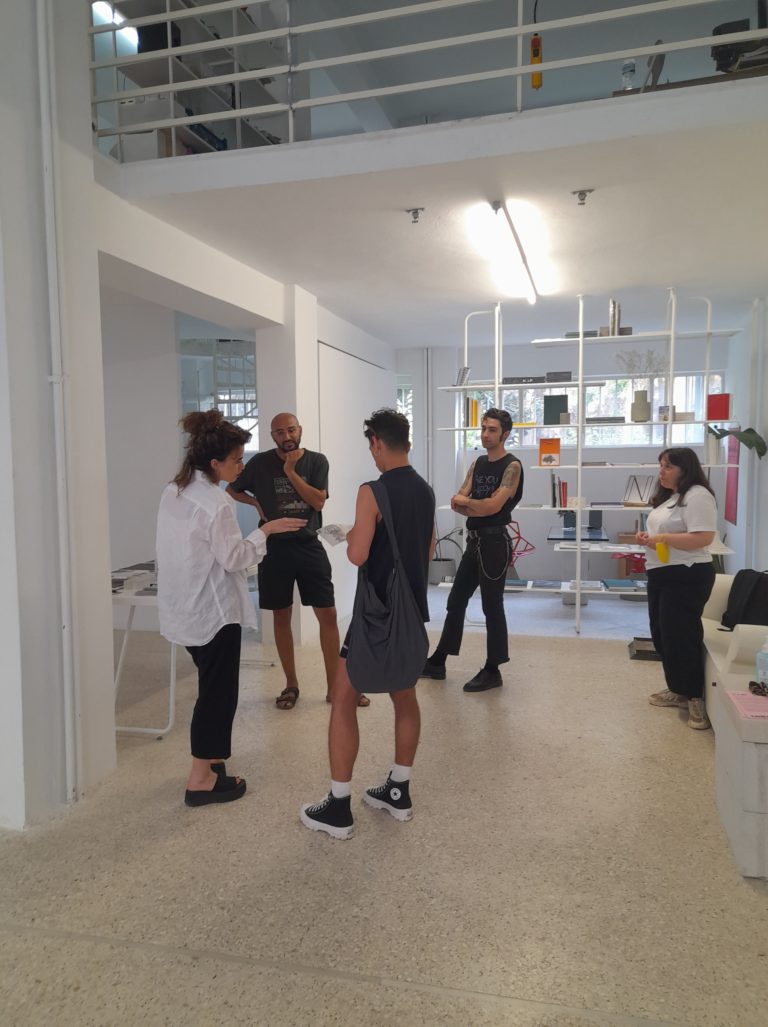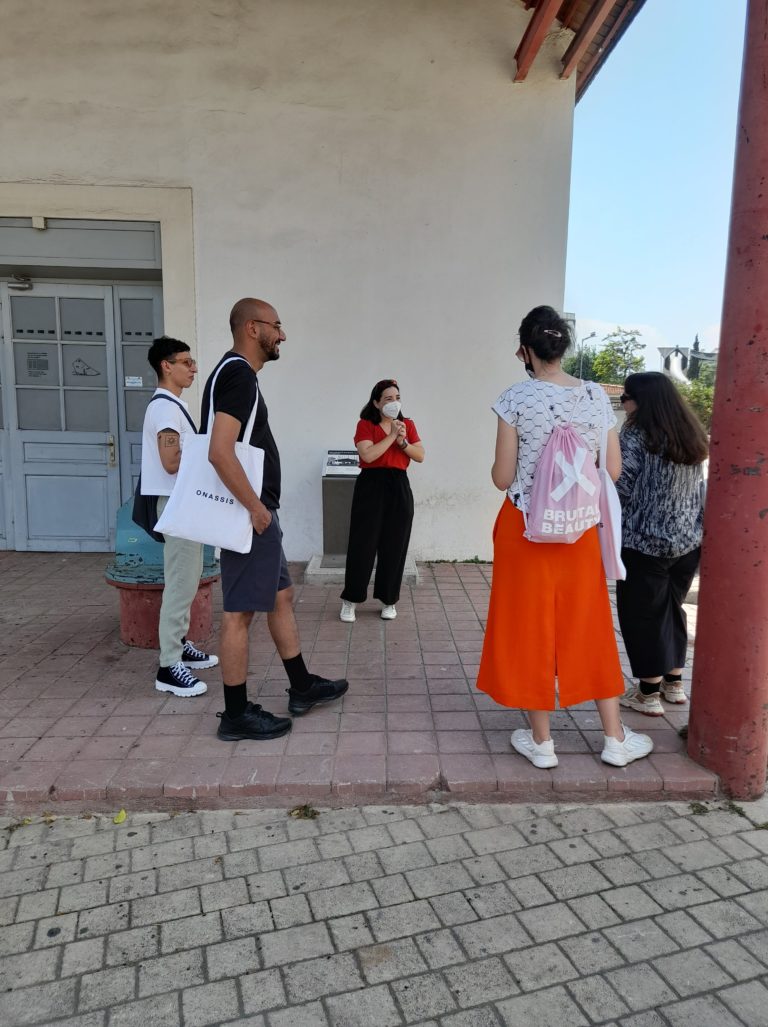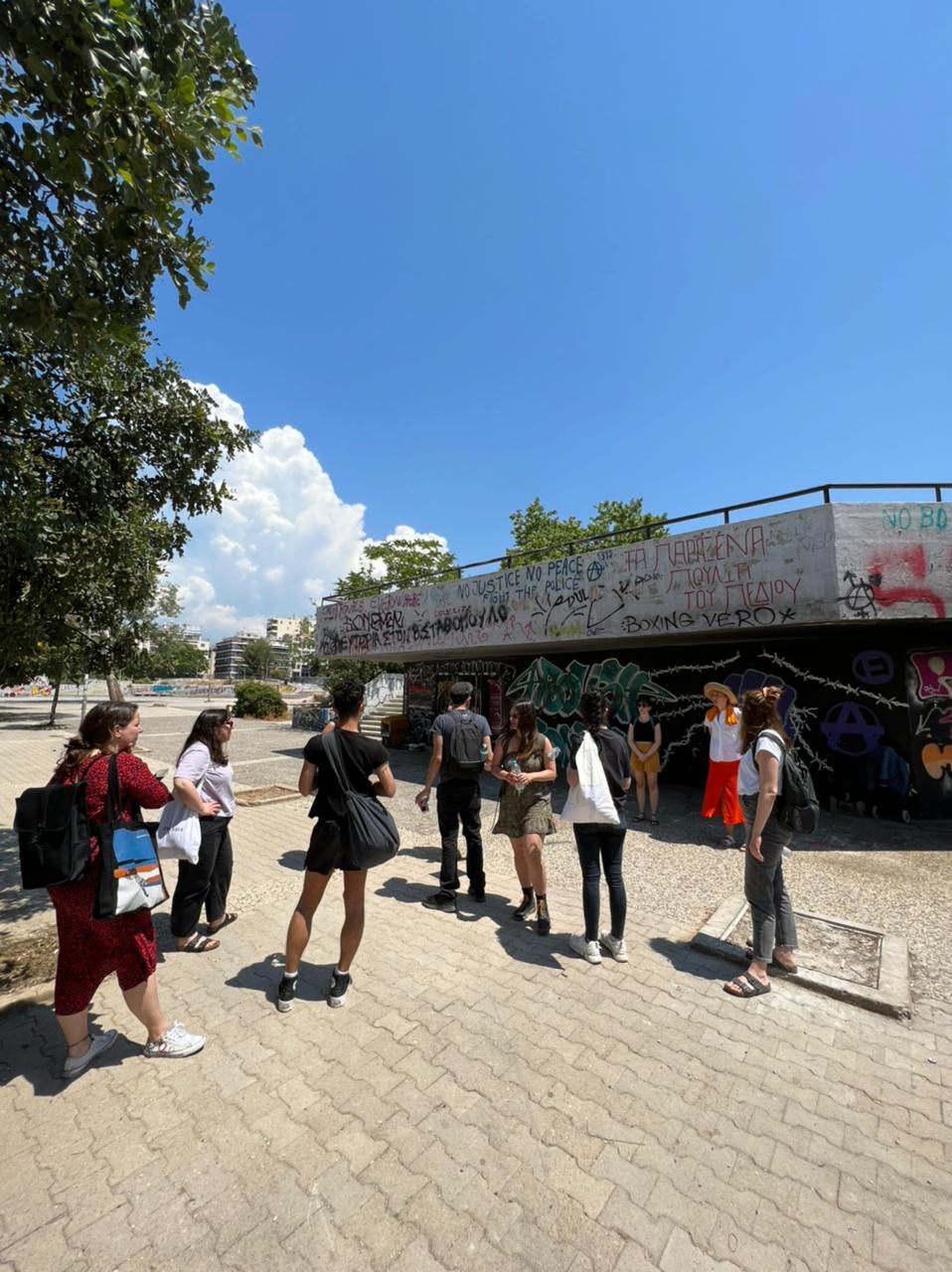Caravan Residency program at Alexandria – Discovering the residence in Athens
After illustrating the phases of the ‘Caravan Residency Program: Thinking with Alexandria’ held in Biella, Alexandria, Nicosia and Brussels, we highlight the contents and behind the scenes of the residency held in Athens 16-21 May. During this experience, the participating group was confronted with the historical past of Athens, as well as the contemporary and current situation of the city centre from an artistic and social point of view. It was a week full of activities organised by the social entrepeneur of reference, Elektra Karatza, and local collaborators that allowed a deep immersion into the cradle of classical civilisation.
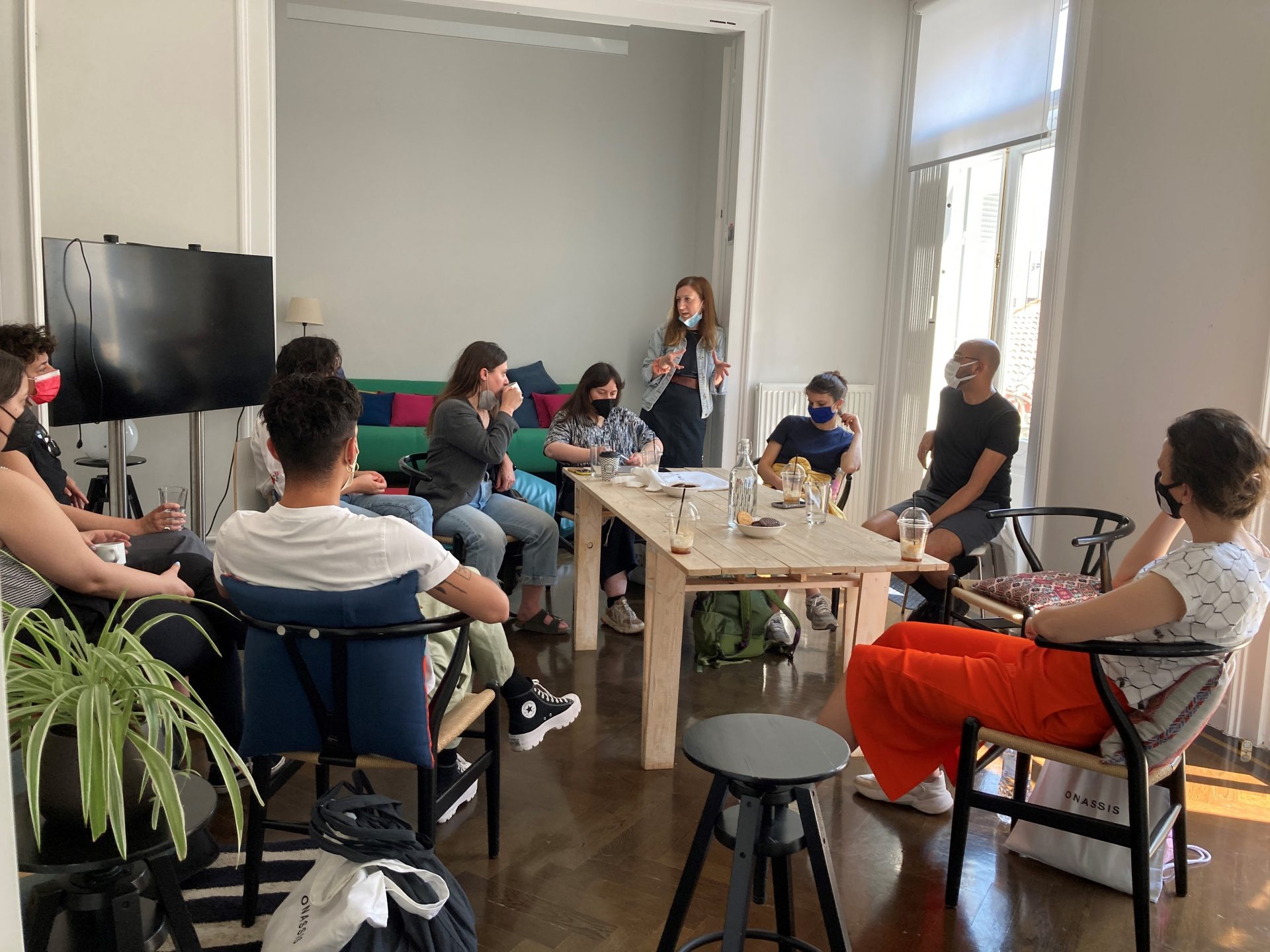
A little over a month after the end of the residency in Alexandria, some of those selected for the ‘Caravan Residency Program’ left for their next stop, the centre of classical civilisation, Athens. The week of immersion in Greek culture began on 16 May and ended on the 21st day of the same month. The choice of Athens succeeding Alexandria was not accidental, as both cities constitute urban centres that, in their present day, reflect the projections and narratives of their past. However, as local contributors suggest, observing the Greek city only through comparison with other realities would be reductive as it would limit the full analysis of the complexity and richness of Athens. For this reason, the discovery of the fourth stage of the programme, curated by social entrepreneur Elektra Karatza, took place through numerous group activities, two online workshops conducted before the start of the residency for introductory purposes, the study of historical documents and a tour of the city; all this, with the support, help and advice of local producers, including the Onassis Stegi Foundation and the Cavafy Archive, artists and Greek scholars. During this Athens segment of the Caravan programme, the activities and collaborators involved were chosen after careful research, so that they would be consistent with the themes and questions that emerged during the weeks in Biella and Alexandria.
In fact, the entire development of the programme revolved around three major thematic sections: heritage, collective memory and monumentality; public spaces with their respective contestations; and independent contemporary art practices in the city. Once on site, the Caravan programme group began their discovery of the city of Athens, starting with the ‘Industrial Gas Museum’, one of the few well-preserved monuments of the early industrialisation period in Greece, in a visit that revealed Greece’s cryptocultural past, the history of the working class and the surrounding urban landscape. Next, it was the turn of the different urban neighbourhoods such as Kypseli and Metaxourgio, the archaeological area of ‘Keramikos’, and the cultural spaces, including ‘Communitism’. In this way, it was possible to learn more about the artistic heritage of the city and, thanks to the explanations of visual artist Maria Sideri, to understand how ancient and contemporary monuments are perceived. On the other hand, it was through visiting independent art spaces such as EIGHT/ ΤΟ ΟΧΤΩ, 3 137 or Exarcheia that the Caravan group was able to confront the struggles facing the contemporary independent art scene such as the lack of funding, institutional critique and the notion of periphery in the southern and eastern European art scene.
Thus, alternating between more relaxed days, in which each resident was free to explore Athens on their own, and days characterised by travelling and numerous visits, the week-long residency in the Greek capital came to an end. During this stage of the Caravan Residency Programme, the end-of-residency forum actually took place at the end of each day of the residency, in order to summarise the research objectives, perspectives and different opinions. In particular, during the last plenary session before the restart, the Caravan group carried out an overall evaluation of the results obtained, unanimously agreeing that all topics and personal research objectives of each resident had been addressed.
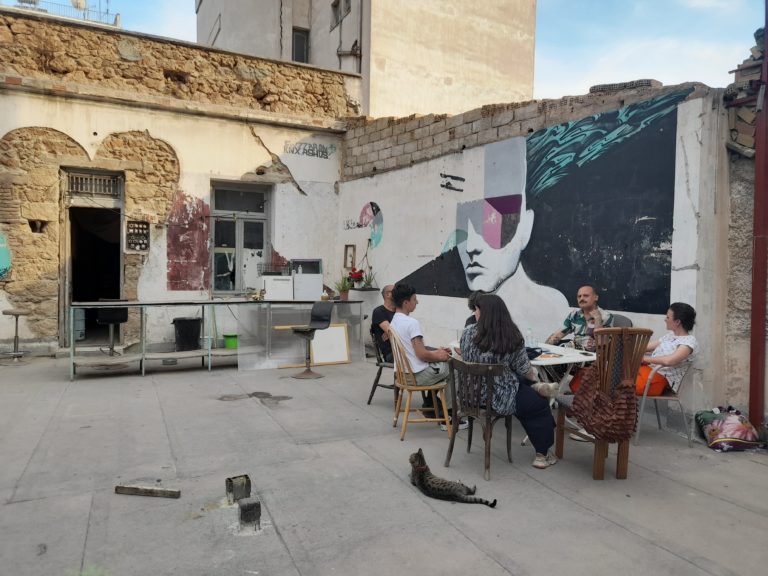
The protagonists of the third residency in Athens
The Social Entrepreneur of this experience, as mentioned, was Elektra Karatza, accompanied and supported by local experts Maria Sideri, Pafsanias Karathanasis, Athina Stamatopoulou, Penelope Papailias (Decolonize Hellas) and Foteini Tsibiridou (Decolonize Hellas). In addition, the local producer Onassis Stegi also played a central role by interacting with the Caravan group through their respective representatives, including Afroditi Panagiotakou (director), Christos Carras (executive director), Dora Vougiouka (EU network and outreach coordinator), Marianna Christofi (communication coordinator at the Cavafy archive), Angeliki Mousiou (head of scientific research at the Cavafy archive) and Veroniki Petmeza (relations and strategic partnerships assistant). Residents participating in this stage of the project were: Islam Shabana (Egypt), Neja Tomsic (Slovenia), Chiara Cartuccia (UK, Italy), Onur Çimen (Turkey) and Zeynep Kaserci (UK, Turkey). Finally, not forgetting the artists, collectives and local spaces that contributed to the discovery of the artistic heritage of the city of Athens: 3 137 (Kosmas Nikolaou, Paky Vlassopoulou, Chryssanthi Koumianaki), EIGHT/VASKOS (Vasilis Noulas, Kostas Tzimoulis), PAT (The Temporary Academy of Arts) and Communitism (Natassa Douridou, Angelos Landonidis).
The social entrepreneur in Athens:
Elektra Karatza is a cultural producer, art theorist and researcher. She holds a BA in Archaeology with a specialisation in Social Anthropology from the University of Thessaly, Greece, and an MA in Art and Culture, namely ‘Contemporary Art in a Global Perspective’. Her research focuses on socially engaged practices in visual arts and film design on the politics of memory, Greek national identity and social classes. Elektra Karatza has worked as a producer and curator for various art institutions and film festivals such as Ethnofest, Athens Ethnographic Film Festival; ERGO Collective; State of Concept Athens and Leiden Shorts. Currently, Elektra is a social entrepreneur of the Caravan Residency Program “Alexandria: (Re)activating common urban imaginaries” and works closely with the Onassis Foundation.
Text: Cittadellarte





